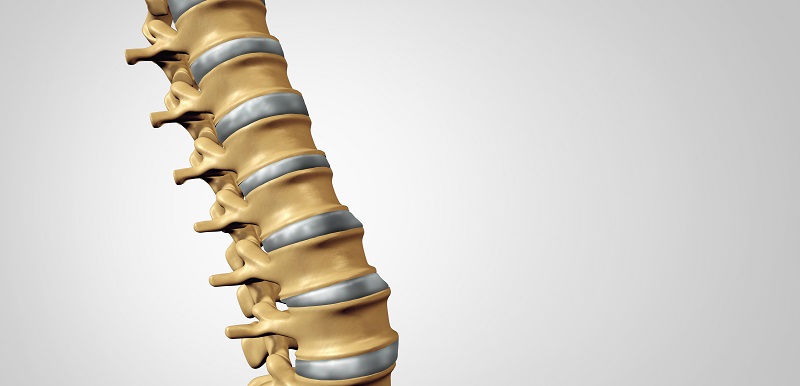3 Types Of Back Pain You Shouldn’t Ignore
Category: Back Pain | Author: Stefano Sinicropi

Back pain is one of the most common injuries in the world, and the types of injuries can range from mildly annoying to catastrophically severe. There are so many different structures that are housed in your back, so how do you know if you injured an area that needs medical intervention or if the injury will heal on its own with a little rest and relaxation? If you’re concerned about your back, you should always have it examined by a professional, but today we’re going to take a closer look at three types of spine injuries that you shouldn’t ignore.
Back Pain with Fever
If you are dealing with back pain that is also accompanied by a fever, you’re going to want to head into a specialist’s office. This is typically a sign that you’re dealing with an infection, which is unlikely to just go away on its own. Infections in the spine can be even more detrimental to your health as they can end up affecting the spinal cord or brain. Back pain and fever is a sign of an epidural abscess, so you’ll want to undergo an evaluation to understand what you’re dealing with so you can get on the right medications.
Back Pain with Bladder Loss
Lumbar back pain is extremely common, but if it is paired with an inability to go to the bathroom, or uncontrolled bowel movements, it’s a sign of a serious problem. This likely means that a disc or a growth is compressing a bladder nerve, creating a temporary paralysis of the organ. Left untreated it can lead to permanent damage or dysfunction, as well as other health problems caused by an inability to urinate. If bladder control has become a problem simultaneous with back pain, head to a back doctor or to the emergency room for an evaluation.
Back Pain that Radiates Down The Leg
One final condition that you’ll want to tackle with the help of an experienced medical professional is back pain that radiates down your leg or to your extremities. This is a clear sign of a nerve compression issue, and aside from causing pain and discomfort, it can also affect the way you walk and how your body displaces weight. This can lead to overloading other crucial structures, like your hips and knees and cause more movement issues. Don’t just try to compensate for the pain by walking with a hitch in your step. Visit a spine specialist and help free the nerve compression so you can avoid the aforementioned problems and permanent nerve damage.